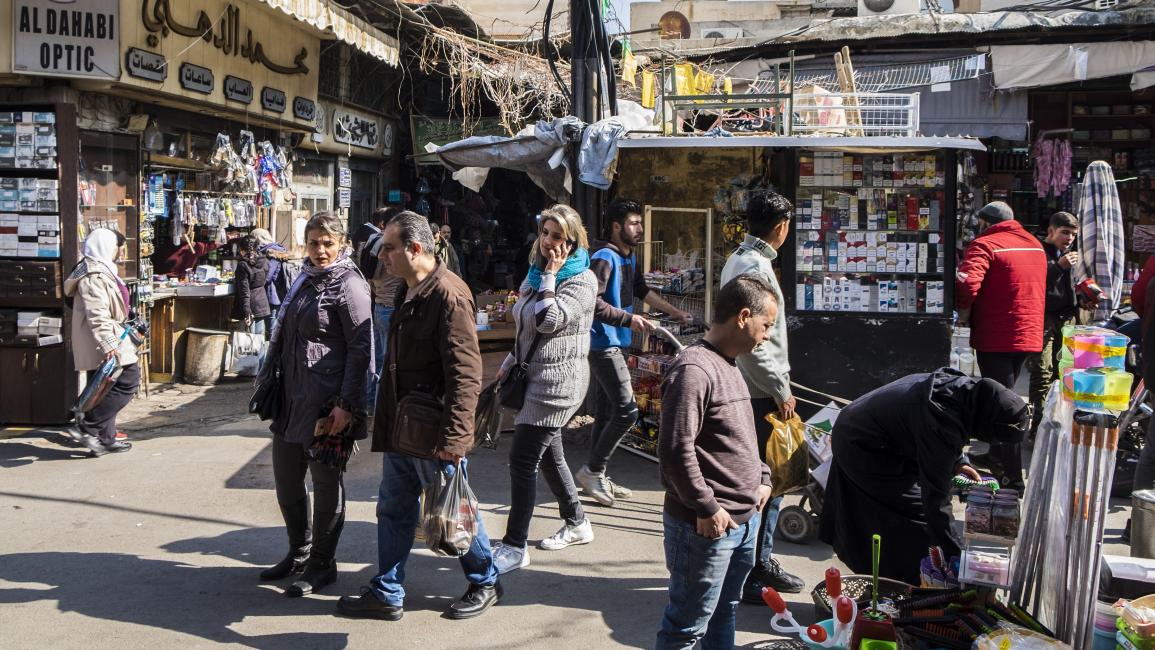With over 80% of the population living in poverty, improving the standard of living is a top priority for Syrians and a key issue highlighted by economists and researchers in their recommendations to Bashar al-Assad’s newly formed government, ahead of its upcoming ministerial statement.
Rasha Siroub, an economics professor at Quneitra University, emphasized that poverty and food insecurity, affecting more than 80% and 90% of Syrians respectively, are the most pressing challenges the new government must address for sustainable development. “In addition to poverty, Syria faces a severe brain drain, with one in five refugees globally being Syrian. This exodus reflects the desire for better education, jobs matching qualifications, healthcare, and safety,” Siroub noted during a recent lecture organized by the Friends of Damascus Association.
Siroub also pointed to the worsening housing crisis, exacerbated by skyrocketing real estate prices and the destruction of homes. The situation is worsened by the return of more than 400,000 Syrians and Lebanese following the current conflict in Lebanon, which could lead to half a million more Syrians returning. This growing housing gap makes affordable housing and reconstruction essential, especially as homeownership now costs 60-70 times the average annual income.
Economist Imad al-Din al-Musbah argued that solving Syria’s economic collapse requires more than just a change in government or a new ministerial statement. He pointed out that the government’s powers are limited, constrained by directives from the presidential palace and the regime’s reliance on foreign debt, particularly from Iran and Russia. He warned that the budget deficit, combined with declining state resources, pushes the Assad regime to mortgage and sell Syria’s assets. The recent state budget, amounting to 52.6 trillion Syrian pounds, did not adequately address wage increases, despite the dire living conditions.
The Syrian Workers’ Union has similarly prioritized economic reforms in its demands for the new government. It called for an economic team focused on improving living standards and curbing monopolies in foreign trade. The Union emphasized the need to increase wages and productivity, create job opportunities, and stimulate domestic production. It also urged investment in agriculture and manufacturing, particularly sectors that reduce reliance on imports by using local resources.
Ibrahim Mohammed, an economist and former inspector, noted that regional conflicts, including those in Syria, would heavily influence the government’s priorities. He called for a contingency plan to prepare for expanded warfare, focusing on securing food, energy, and shelter. Despite these challenges, Mohammed stressed the importance of the government implementing a clear plan to raise wages, as current incomes barely cover three days’ worth of living expenses.
Syria’s cost of living has continued to rise sharply, particularly after the Israeli bombardment of Lebanon and the return of refugees. The average monthly cost of living for a family of five now exceeds 13.6 million Syrian pounds, while the minimum wage remains at a stagnant 278,910 pounds.
This article was translated and edited by The Syrian Observer. The Syrian Observer has not verified the content of this story. Responsibility for the information and views set out in this article lies entirely with the author.


